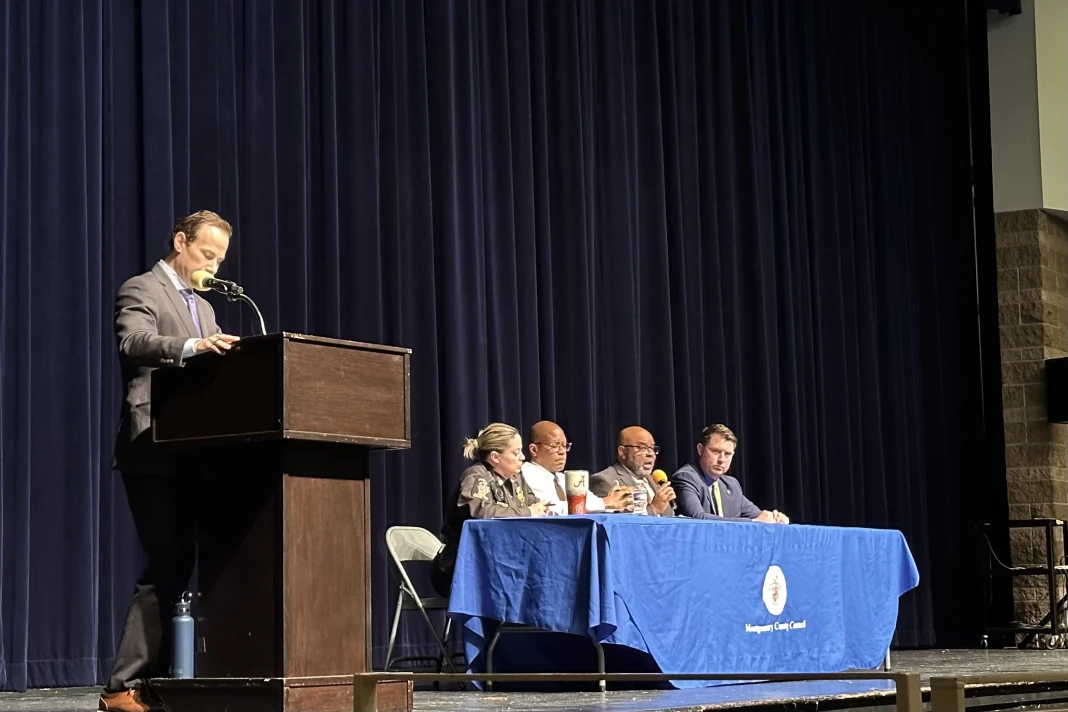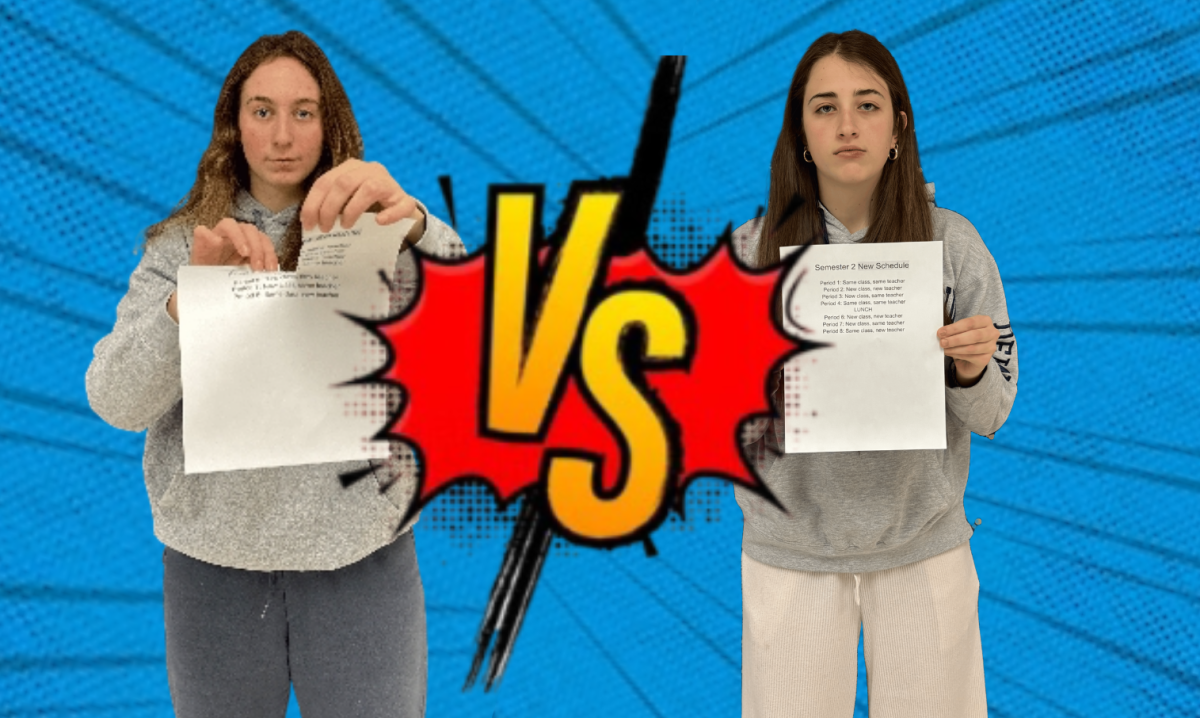Imagine someone going out, knowing very well he will be drinking. He gets drunk, drives home, and hits another car, killing someone. Now imagine a teenager driving who hears his phone buzz and sees “Mom” flash on the screen. The teen glances at the phone and hits another car, killing someone.
Though both unfortunate cases of irresponsible drivers, one is irresponsibility on a grander scale and yet with the new Jake’s Law, the punishment for such acts will foolishly be the same.
According to a March 20 article on Herald Mail Media, an online news source, the Senate passed Jake’s Law, which would give three years in prison and up to $5000 in fines to a driver who causes serious injury or death to another while texting and driving.
The law was inspired by the death of a 5-year-old named Jake, who was killed in a texting-while-driving accident in 2011.
Texting while driving is stupid, no doubt, and those who partake should face punishment. Still, it is a spur of the moment decision. It can even be reflex fueled by an addiction.
According to a March 2013 Psychology Today article, some people have addictions that involve withdrawals, and they cannot wait to answer their text messages.
When one has such an addiction, it is hard to just ignore his/her phone. Rather, one feels a constant urge to be on it and will not necessarily have the instinct or ability to ignore it when it lights up, even while driving.
According to a July 2013 Huffington Post article, 1 in 5 people check their cellphone every 10 minutes.
Though addiction is not an excuse for irresponsibility, it does explain why people make the rash decisions they do to text and drive. They have a psychological dependency and do not even realize the situation they are creating.
Why should someone suffering from an addiction be lumped in with someone who went out without a designated driver, got drunk and drove home, knowing they were doing something dangerous instead of being sent to seek help?
Though the results may be the same, the road to getting there is not. Someone who is at a shooting range and accidentally shoots somebody is not going to get the same punishment as someone who fires a gun in a mall and hits someone. Both events result in a shot person and both involve recklessness, but one involved someone knowingly putting others in danger and the other is a moment’s mistake. The comparison of these situations is similar to that of texting while driving as opposed to drinking while driving.
Something needs to be done to stop texting while driving, but sending someone with a common addiction to prison is not the answer. Rehab, community service all for the same amount of time are better ideas. This way, one can learn to work through one’s mistake instead of having one’s life ruined for something potentially as simple as texting Mom.







